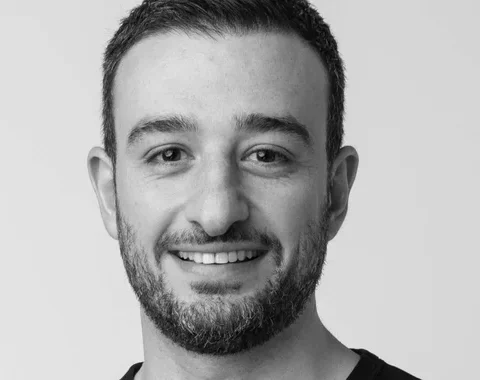In a thought-provoking article, former New York Times columnist Bari Weiss challenges the prevailing narrative around Diversity, Equity, and Inclusion (DEI), suggesting that instead of dismantling it, our nation’s thought leaders should actively engage with it. Weiss, drawing on her college experiences, criticizes what she sees as a shift toward an “inverted worldview” that she believes is undermining crucial institutions of American life. This article delves into the nuanced landscape of DEI and advocates for a constructive dialogue to foster understanding and progress.
- Bari Weiss’s Critique: A Call to End DEI?
- Weiss’s article raises questions about the impact of DEI initiatives, suggesting that an “inverted worldview” has replaced traditional ideals and institutions. She critiques the prioritization of identity over excellence and the erosion of open debate in favor of public shaming.
- The Evolution of DEI: From Color Blindness to Identity Embrace:
- Explore the evolution of DEI from a color-blind approach to an emphasis on identity. Understand the motivations behind this shift and how it has impacted various aspects of societal discourse.
- DEI in Crucial Institutions: An Examination of the Threat:
- Weiss points to the infiltration of the “inverted worldview” into crucial sense-making institutions of American life. Investigate the potential threats she identifies and consider the implications for the broader cultural landscape.
- October 7 Terrorist Attack and Its Aftermath: A Turning Point:
- Weiss cites the aftermath of a terrorist attack in Israel as a pivotal moment that intensified her concerns. Examine the event and the responses to it that contributed to Weiss’s decision to advocate for an end to certain DEI practices.
- Moving Beyond Opposition: The Call for Constructive Engagement:
- Instead of advocating for the end of DEI, consider the potential for constructive engagement. Explore ways in which thought leaders, institutions, and individuals can actively participate in the DEI discourse to foster understanding, inclusivity, and progress.
- Navigating Identity and Excellence: Balancing Priorities:
- Delve into the challenge of balancing identity considerations with the pursuit of excellence. Analyze the nuances of prioritizing diversity and inclusion while maintaining standards of excellence.
- Embracing a Dialogue-Based Approach: The Path Forward:
- Propose a shift toward dialogue-based approaches in discussing DEI. Highlight the importance of open conversations, shared understanding, and collaborative efforts to address concerns and advance societal progress.
Conclusion: Bari Weiss’s critique sparks a necessary conversation about the trajectory of DEI initiatives. Rather than dismissing the discourse, this article advocates for a shift toward constructive engagement, fostering a dialogue that navigates the complexities of identity, excellence, and the evolving landscape of American institutions. By embracing thoughtful conversations, we can move beyond opposition and work collectively toward a more inclusive and understanding society.
ReadMore: Strategic Departure: Sue Trinh Bids Farewell to Manulife’s Global Macro Role










